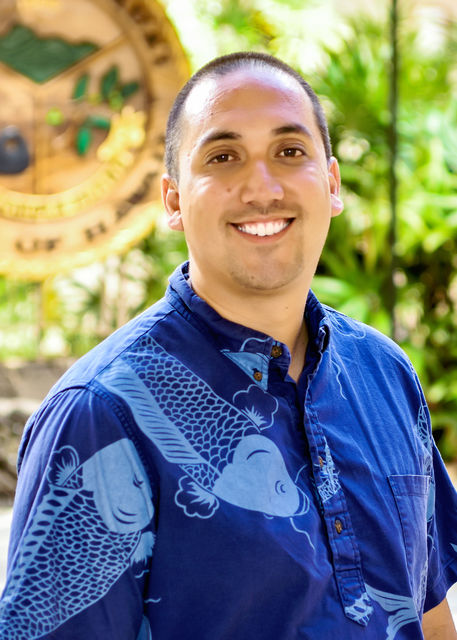HONOLULU — The vacation rental website, Airbnb, has no major impact on the Kauai housing market.
That’s according to a recently released Airbnb and Hawaii Housing study, which determined that Kauai bookings on Airbnb represented 2.4 percent of the island’s housing inventory.
“I looked at the housing aspect, like the listing type, location, number of rooms, then the usage (frequency, how long) and compared that against the housing stock on island,” said Paul Richard “Ricky” Cassiday, who completed the study and is a researcher who specializes in analyzing residential real estate market.
To help with the analysis, Airbnb gave Cassiday zip code-level listing and booking data for the state of Hawaii for a 12-month period ending Oct. 1, 2016, according to a press release. Those numbers were compared with other housing data, including that of the U.S. Census Bureau, City and County of Honolulu, the state Bureau of Conveyances, the Realtor’s Multiple Listing Service and the Craigslist listing database.
On Kauai, there were 739 home listings advertised on Airbnb from October 2015 to October 2016. Of that number, 87 percent of the listings were booked for less than half the year. And 65 percent of the people who listed their homes on Airbnb used the website on an irregular basis.
According to the study, 97 Kauai rentals on Airbnb were booked for more than 180 days, making up 0.32 percent of the housing stock and 13 percent of listings.
Cassiday said he was most surprised to see a high number of people who rented their homes on an irregular basis.
“My original thought being that once you were doing this as a business that you would pursue it all the time, but the opposite was true. People did it when they wanted to,” he said.
That’s a figure Ka‘aina Hull, deputy planning director, also found interesting.
“That means to say that a lot of the transient vacation rentals aren’t operating year-round on Airbnb,” he said. “Which is why it’s hard to say how many TVRs are on the island because anyone with a single-family dwelling can, at one point or another, put it on Airbnb.”
Hull said similar house rental sites would have to be in the mix to get a complete picture of the impact of TVRs.
“I’m not contesting the findings — it’s just that his study focused on one website platform,” he said. “Without accounting for those other websites and their impacts, or lack thereof, on the housing market, it’s hard to come up with a conclusive conclusion that TVRs aren’t affecting the housing market.”
The growing popularity of Airbnb hasn’t had a negative impact on the housing market, said Phil Fudge, a Realtor with Kauai Landmark Realty.
“It hasn’t changed the way we do business. For me, as a real estate agent, it’s a lot easier to sell a condo if the potential owner has a viable means to rent them out,” he said. “It certainly helps owners to keep their property invested.”
If a property doesn’t have a permit or isn’t in the right zone, it can’t be rented out as a transient vacation rental anyway, he said.
In 2015, the Kauai County Council passed a measure which narrows the definition of a homestay, which is different from a TVR because the owner lives on the same property, in order to ensure that a property owner actually resides on-site. It also requires owners to qualify for a homeowners’ property tax exemption to get a permit to rent out rooms on a short-term basis as a B&B.
The bill also prevents B&Bs from using a guesthouse to provide accommodations, requires a special permit for B&Bs on agricultural land and limits the number of B&B permit applications that may be reviewed to 10 per year.
In May, the council passed another law that restricts homestay operations to visitor destination areas, or VDAs.
Cassiday’s research for the rest of the islands yielded similar results as Kauai, according to the study.
Statewide, there were 8,134 entire home listings on Airbnb with at least one booking, representing 1.53 percent of the statewide housing stock.
Compared to the other islands, Kauai saw a larger number of Airbnb bookings.
The typical Airbnb listing in Hawaii generates close to $9,000 in a year in supplemental income for a family, according to the report.
Cynthia Wang, Airbnb spokeswoman, wants the study to be used to further discussions about transient vacation rentals and how to regulate them.
“We take our impact on communities very seriously and are committed to working with leaders in Hawaii to protect long-term housing stock and neighborhoods,” Wang said.
For Cassiday, the first step is differentiating between long-term and short-term rentals and making sure everyone in the state has the same opportunity to make a profit.
“TVRs should be about equity, opportunity and quality,” he said.
“The study is a good starting point,” Hull said.







